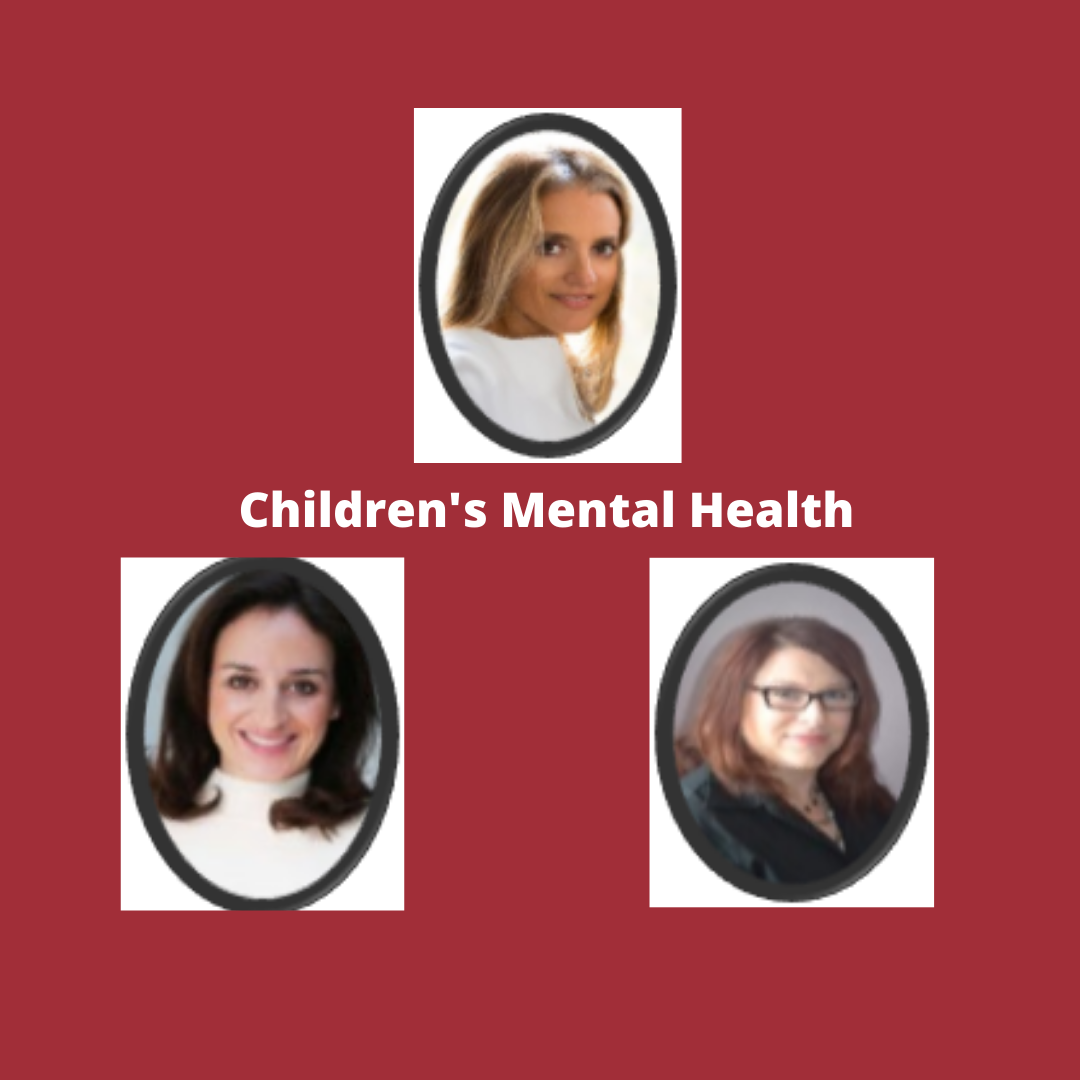Here is a brief summary of the topics discussed
What does the term ‘mental health’ mean?
- There is still a stigma attached to mental health.
- Mental health is the connection between mind and body. It is intrinsic within us.
- We all have mental health and it’s an interchangeable state that ebbs and flows.
- The term mental health is often misused in a negative way. All feelings are valid, good and bad. They teach us a lot about ourselves.
- When your child feels bad that does not mean there is something wrong with them.
- In the current environment we have a ‘laser’ focus on our children. It is a valid human experience to have both a bad and a good day.
What are the main areas of concern regarding children’s mental health during this period?
- During lockdown 3.0 there is a general sense of frustration and boredom. Both children and adults feel numb about everything, things don’t seem to be getting better. It is hard to sit with the uncertainty and unpredictability. This is a shared experience.
- Boundaries, routine, expectations and structure help children feel safe and content. Many of us don’t have that same security right now.
- As adults we need to frame the discussion around resilience. It is okay to show you are feeling frightened or fed up. Children are incredibly adaptive but many are suffering from anxiety, low mood, sleep deprivation etc.
- Parents can act as their ‘emotional container vessel’.
- Allow your child to sit with their emotions.
- Engage in watchful waiting – sit back and observe
How do you know when there is a real problem and what should you do?
- Things to particularly look out for are ongoing low mood, not talking, not engaging, not wanting to play, lethargy and no sense of fun.
- Be aware of your triggers as a parent. Allow your child to sit with difficult feelings, without needing to fix everything. Their emotional state is sometimes necessary.
- Keep trying to keep the lines of communication open and help them to feel that being with you is a safe space.
- They are more like likely to talk and open up when they are walking beside you or engaged in another activity, rather than the intensity of sitting down.
- You are the expert on your child, tune into them. Be mindful of the internalisers and be patient with the externalisers.
- Focus on the small moments and be positive.
What would be your top tips to support children at this time?
- Let your children know they are loved and safe, sit with their feelings.
- They had a life before Covid and there will be one after.
- Name their feelings to tame them; what is shareable becomes bearable.
- Engage in moments of fun and silliness, dance like no one is watching.
- Practice rupture and repair – when you lose it, you can go back to your child and admit you made a mistake.
- Be conscious of the energy you radiate as a parent, your children will mirror your emotions and behavior.
Sleep challenges
- A lot of children have regressed in terms of their sleep.
- Bedtime is often when children feel relaxed and safe and will want to talk about their feelings
- Distinguish between what is a thought and what is a fact. When thoughts come into your mind, question whether they are actually true.
- Get your child to create a ‘dream jar’ that they decorate and fill with dreams. Give your child a dream to go to bed with.
- During the day, talk about the sorts of things that pop into their head at bedtime. Visualise them – give them a shape, colour, where do they feel them in their body?
Should we shield our children from our own emotions?
- You need to take into account their age, ability and maturity. Feelings are part of a human existence and we shouldn’t hide from them.
- Your children will notice anyway when you don’t feel right. You can say, sometimes I feel sad and this is what I do to help myself.
- The greatest gift we can give our children is honest language but not over sharing. Children shouldn’t feel responsible for our emotions.
- Try to ensure conversations are solution focused but show children what resilience looks like.
- When children are not told the truth, they can go to very imaginative places
- Talking about death is a normal stage of development.
How to help children not take things personally?
- We are very sensitive at the moment. The nuances of conversations and communication are very different online to the reciprocity that you have in person.
- It’s natural to take things personally. When we are really mad or upset with someone, we can write a message but it doesn’t mean we need to send it.
- Get curious. “I wonder why they would say that.” or “I wonder what’s happening for them right now that would make them act in that way.”
Look after yourselves, you are your most important resource for your family.
This is an incredibly challenging time, however there are some positive moments and there will be positive things that come out of this period.

